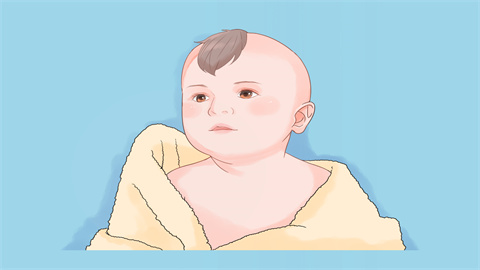Can babies with diarrhea eat Malabar spinach?
Whether a baby with diarrhea can eat Malabar spinach needs to be determined based on the type of diarrhea and the condition of the gastrointestinal tract. It may be consumed in small amounts if the diarrhea is non-infectious and symptoms are mild; however, it is not recommended for infectious diarrhea or severe symptoms. If any abnormalities occur, prompt medical attention is advised. Detailed analysis is as follows:

If the baby's diarrhea is caused by non-infectious factors such as improper diet or exposure to cold, and the frequency of diarrhea is low without abdominal pain or vomiting, Malabar spinach can be thoroughly cooked until soft, mashed into a paste, and given in small amounts. At this time, the intestines still have a certain digestive capacity; small amounts of dietary fiber can help improve intestinal function, and Malabar spinach, being rich in water and vitamins, can replenish some nutrients and fluids lost due to diarrhea. However, excessive intake should be avoided to prevent increasing the gastrointestinal burden.
If the baby's diarrhea is infectious, such as caused by viral or bacterial infection, or if symptoms are severe, characterized by frequent diarrhea, abdominal pain, and vomiting, the intestinal mucosa is likely congested and edematous. The dietary fiber in Malabar spinach may irritate the delicate intestines, accelerate peristalsis, and potentially increase the frequency of diarrhea and prolong the illness. At the same time, weakened gastrointestinal digestion makes it difficult to process dietary fiber, possibly causing bloating or indigestion. In such cases, consumption should be strictly avoided.
Diet during a baby's diarrhea should primarily consist of bland, easily digestible liquid or semi-liquid foods, such as rice water or thin porridge. If attempting to introduce Malabar spinach, ensure it is fully cooked and very soft, strictly control the quantity, monitor the baby's response, and discontinue immediately if diarrhea worsens.








